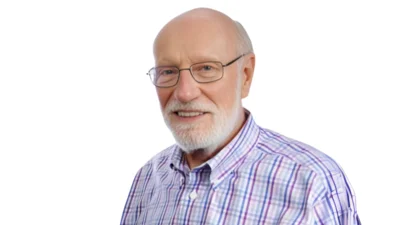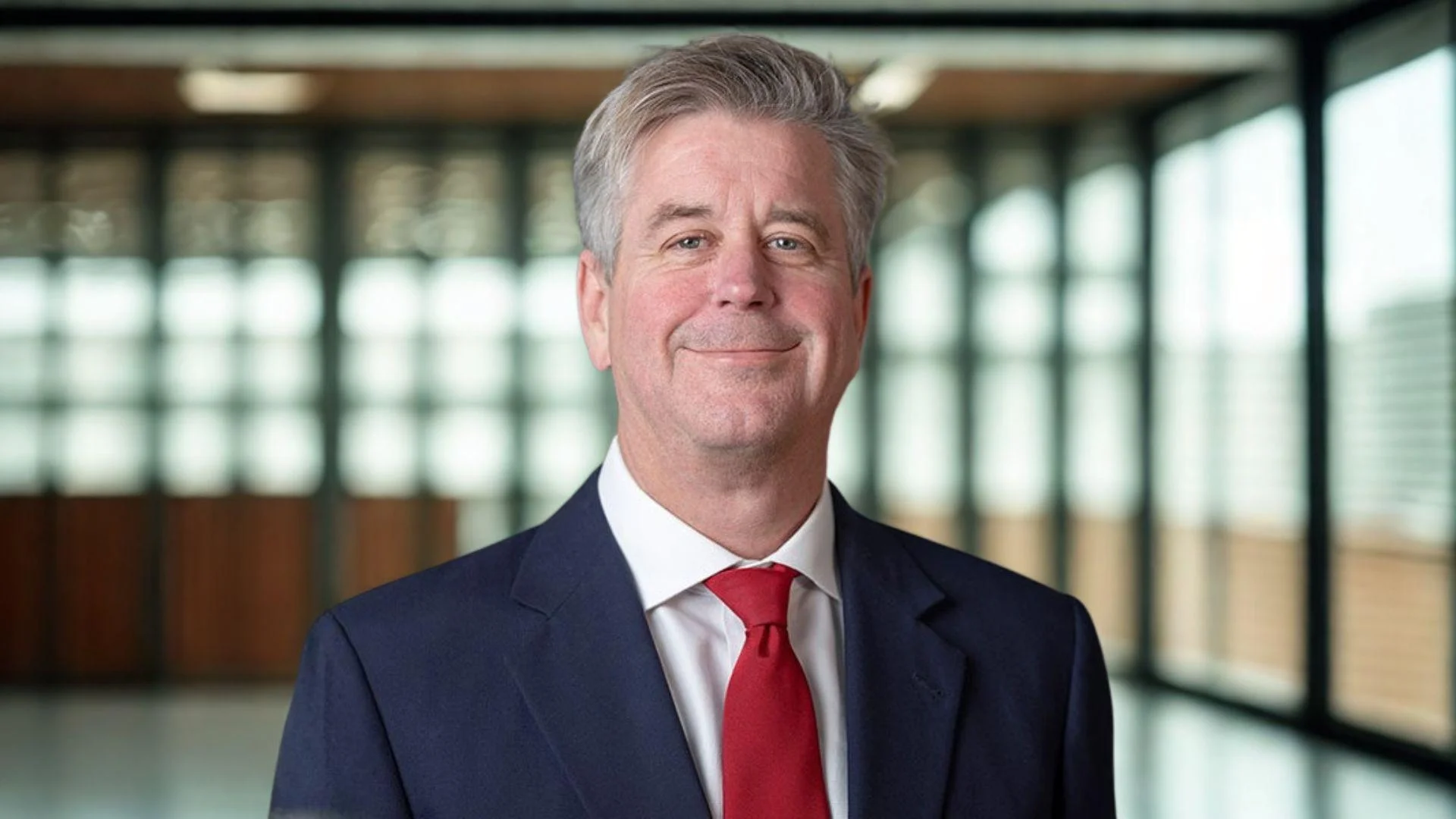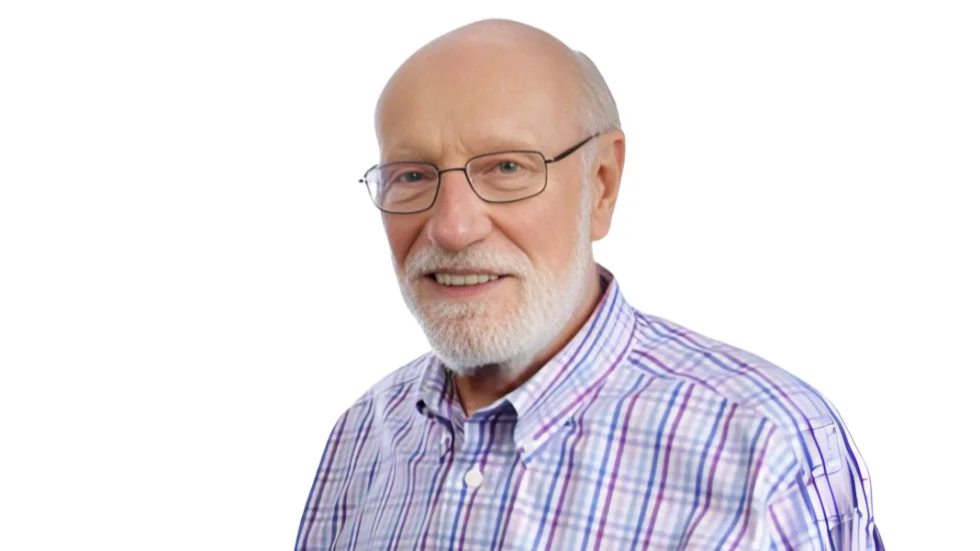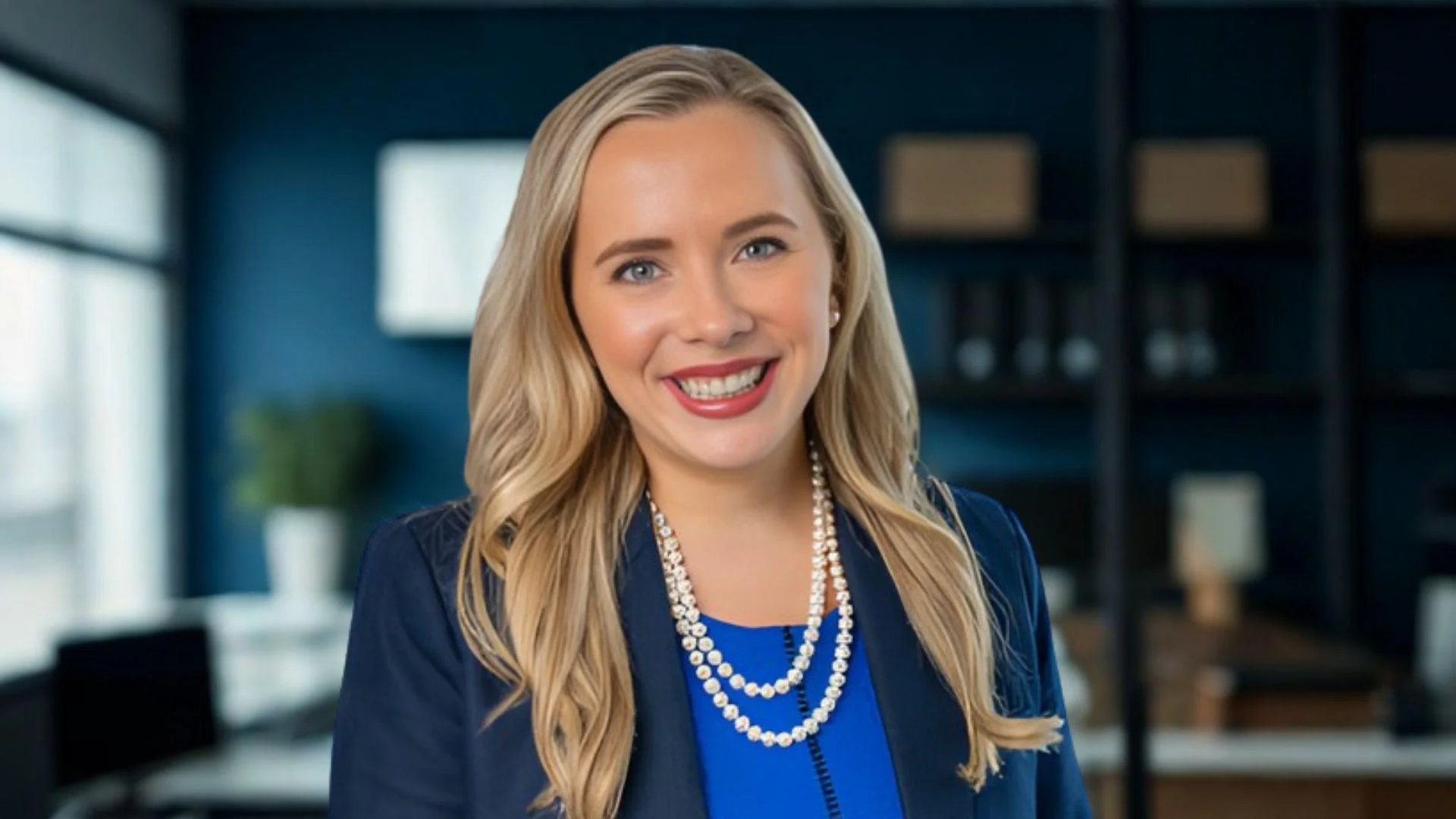Direct Relief is working with Pfizer to provide up to a million doses of life-saving Naloxone to community health centers, free clinics, public health departments and other nonprofits nationwide in response to the opioid epidemic.
Naloxone has been touted as more than just a treatment but as a life-saving drug intervention in cases of opioid overdose. Physicians across the nation, especially those that serve low-income communities and provide services on reduced fee scales, have requested the treatment which prompted Direct Relief and Pfizer to partner in an effort to put the drug into the hands of health care professionals.
According to the Centers for Disease Control and Prevention, in the past 18 years, drug overdose deaths that involve opioids have quadrupled. The nationwide opioid epidemic has resulted in thousands of deaths, many that could have been prevented if more Naloxone were available in health care clinics. The drug works to reverse the effects of an overdose and can rapidly revive normal breathing in individuals who have overdosed.
Direct Relief conducted a survey to determine where the drug was most needed and now, through a partnership with Pfizer, over 45,000 doses of the medicine have already been delivered. Direct Relief began delivering the donations in March, and has already made donations to facilities in 38 states, with priority given to those areas where overdose is most prevalent.
“America’s nonprofit community health centers and clinics are on the front lines of the opioid overdose epidemic, as they are in every major public health issue,” Direct Relief President and CEO Thomas Tighe said in a statement. “Direct Relief is deeply thankful for Pfizer’s expansive commitment of Naloxone, which will not only avert tragedy and save lives but also help the safety-net health centers lean into the critically important preventive and education measures at which they excel in their communities.”













 Alerts Sign-up
Alerts Sign-up